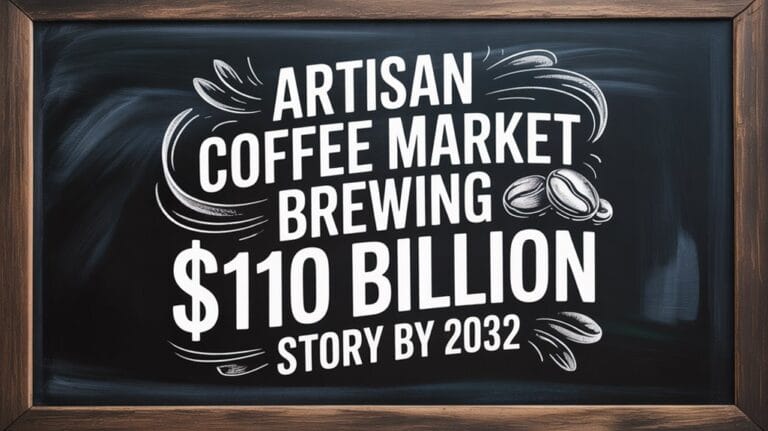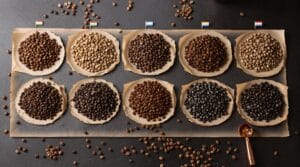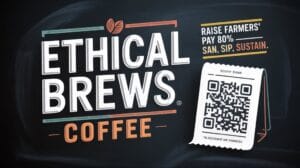As coffee drinkers turn away from mass-produced blends, artisan roasters are brewing up stiff competition for Starbucks. In Sunnyvale, a new wave of small-batch roasters is betting on artisan quality and specialty coffee to chip away at the chain’s dominance. The global artisan coffee market, valued at $65 billion in 2024, reflects a shift toward unique flavors, ethical sourcing, and freshness—priorities many consumers say Starbucks’ standardized blends don’t meet. The global coffee roaster market, critical to enabling these artisanal offerings, surged to $1.46 billion in 2024 as businesses and hobbyists upgraded equipment.
With the specialty coffee sector growing at 9% annually, these roasters aren’t just gaining fans; they’re reshaping the industry. Artisanal roasters focus on beans’ origins, sustainability, and small-scale production, offering flavors tailored to local tastes. Arabica beans, dominating 68% of artisan menus for their smooth flavor and low bitterness, have become a key differentiator against chain-store blends. In Sunnyvale, cafes now roast beans in-house using medium-batch machines (1kg to 15kg), balancing volume with customization. This approach lets them highlight single-origin profiles or experimental blends while aligning with direct trade partnerships eco-conscious trends. Coffee’s rich history, rooted in Ethiopian origin, informs the artisanal approach to respecting bean provenance and craftsmanship.
Specialty coffee’s 9% annual growth signals more than popularity—artisan roasters are fundamentally altering the market landscape.
Meanwhile, Starbucks—still the global leader—faces pressure as shoppers increasingly choose indie brands. Analysts note artisan roasters’ agility in adopting new tech, like digital roasting systems that guarantee consistency without sacrificing creativity, gives them an edge. Regional dynamics play a role too. North America’s coffee roaster market is booming, driven by home-brewing trends and premiumization. Over 40% of U.S. roasting devices are used in the West, including tech hubs like Sunnyvale, where consumers favor innovation.
Similar growth is seen in Europe and Asia-Pacific, where urban cafes blend tradition with modern roasting tech. Artisan roasters in these regions lean into local culture to differentiate themselves, hosting tastings or collaborating with nearby farms.
Starbucks isn’t standing still. It’s experimenting with reserve blends and NFT loyalty programs to appeal to younger crowds. Yet artisan rivals argue their smaller scale lets them adapt faster—whether tweaking roast profiles overnight or sourcing seasonal beans. As one Sunnyvale roaster put it, “People don’t just want coffee; they want a story.” With the artisan market forecast to hit $110 billion by 2032, that story’s next chapter might just be brewed outside corporate boardrooms.





